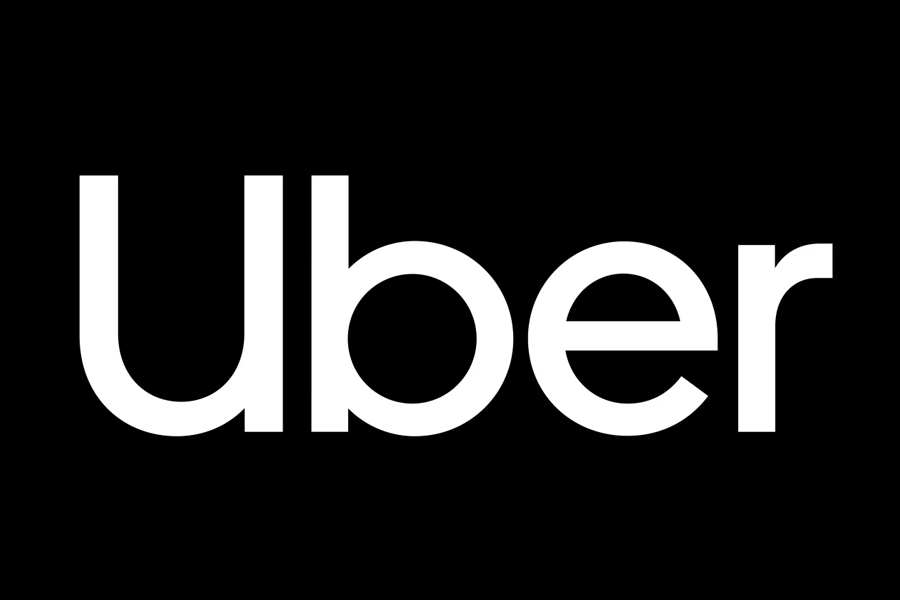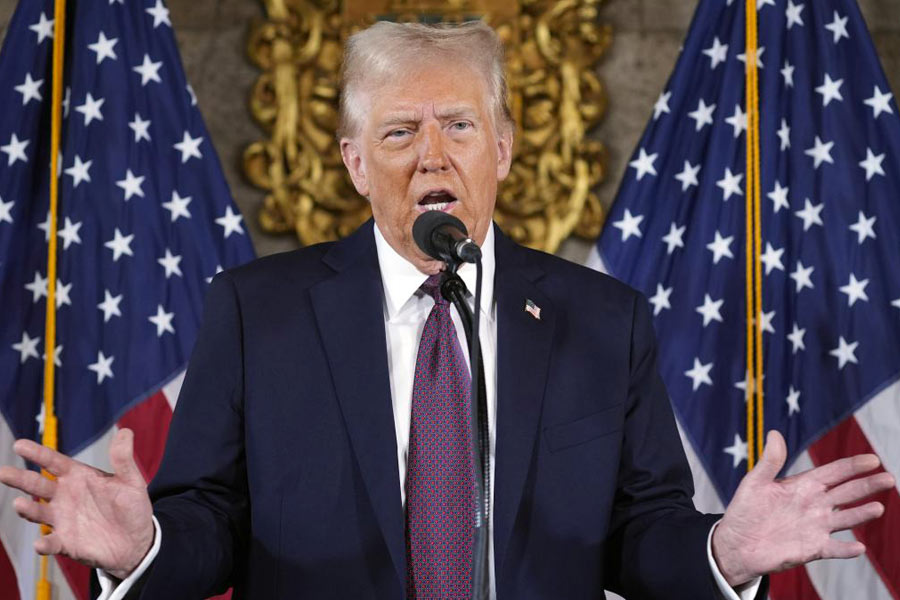The Dutch data protection watchdog slapped a 290 million euro ($324 million) fine Monday on ride-hailing service Uber for allegedly transferring personal details of European drivers to the United States without adequate protection. Uber called the decision flawed and unjustified and said it would appeal.
The Dutch Data Protection Authority said the data transfers spanning more than two years amounted to a serious breach of the European Union's General Data Protection Regulation, which requires technical and organizational measures aimed at protecting user data.
“In Europe, the GDPR protects the fundamental rights of people, by requiring businesses and governments to handle personal data with due care,” Dutch DPA chairman Aleid Wolfsen said in a statement.
“But sadly, this is not self-evident outside Europe. Think of governments that can tap data on a large scale. That is why businesses are usually obliged to take additional measures if they store personal data of Europeans outside the European Union. Uber did not meet the requirements of the GDPR to ensure the level of protection to the data with regard to transfers to the U.S. That is very serious.”
The case was initiated by complaints from 170 French Uber drivers, but the Dutch authority issued the fine because Uber's European headquarters is in the Netherlands.
Uber insisted it did nothing wrong.
“This flawed decision and extraordinary fine are completely unjustified. Uber's cross-border data transfer process was compliant with GDPR during a 3-year period of immense uncertainty between the EU and U.S. We will appeal and remain confident that common sense will prevail,” the company said in a statement.
The alleged breach came after the EU's top court ruled in 2020 that an agreement known as Privacy Shield that allowed thousands of companies — from tech giants to small financial firms — to transfer data to the United States was invalid because the American government could snoop on people's data.
The Dutch data protection agency said that following the EU court ruling, standard clauses in contracts could provide a basis for transferring data outside the EU, “but only if an equivalent level of protection can be guaranteed in practice.”
“Because Uber no longer used Standard Contractual Clauses from August 2021, the data of drivers from the EU were insufficiently protected,” the watchdog said. It added that Uber has been using the successor to Privacy Shield since the end of last year, ending the alleged breach.











